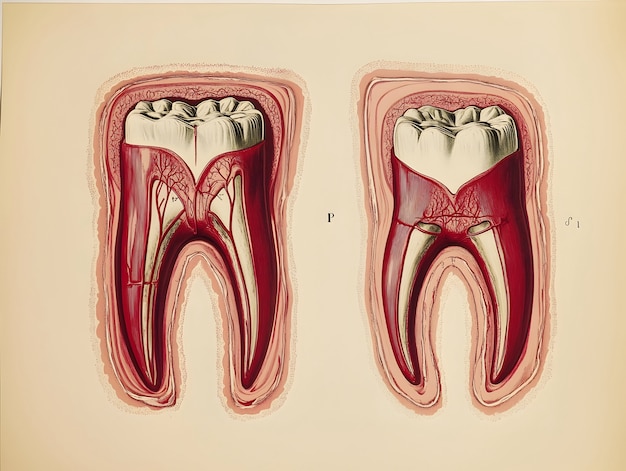
Your body needs at least 1,800 calories a day to stay healthy. While many people are fortunate enough to consume that much daily, many others can’t. According to a recent UN Hunger Report, 8.1 million people around the world are still malnourished today. They don’t get the proper nutrition their bodies need to remain healthy.
Although world hunger had been decreasing for nearly a decade, it’s alarming that the number of malnourished people grew by 161 million between 2019 and 2020. So, what caused this increase?
Experts, including those from Anti Aging Ninjas, point to three main reasons: the COVID-19 pandemic, which resulted in widespread job losses, climate change, and political conflicts between nations.
In recent decades, nutrition-related diseases have increased, even though people recognize the importance of good nutrition. Experts believe several factors contribute to the worsening nutrition situation in the 21st century:
In surveys from countries with significant nutrition challenges, a decreased appetite is often the first symptom people experience. Many people report that years of not having enough to eat have diminished their appetite.
This issue isn’t limited to adults; even children adapt to eating less. Many don’t realize how much they need to consume to meet basic nutritional requirements.
Not getting enough food eventually affects your body weight. While some people deliberately eat less to lose weight, millions lose weight because they lack access to adequate food, highlighting another symptom of nutritional deficiency.
You can easily see the difference by comparing a malnourished child with one who eats nutritious food regularly. The weights will differ significantly, explaining why malnourished individuals in various countries are often very thin.
A balanced diet doesn’t just keep you healthy and fit; it also provides the energy required to work through the day. Without proper nutrition, you won’t have the same energy levels. This is precisely what’s happening to those facing nutrition challenges.
They lack the energy that nutritious food would provide. They may be able to work for a few hours but then need to rest, as they don’t have the necessary nutrients to burn fat and produce energy.
Despite these numerous nutrition challenges in the 21st century, there’s still time to make a positive change. Here are some ways we can address these issues:
– Improving food distribution systems
– Encouraging community-led nutrition programs
– Increasing awareness about the importance of balanced diets
World hunger and nutritional deficiencies are solvable problems if we all come together and show commitment. A small effort in one part of the world isn’t enough; collective action is essential to overcome 21st-century nutrition challenges.



